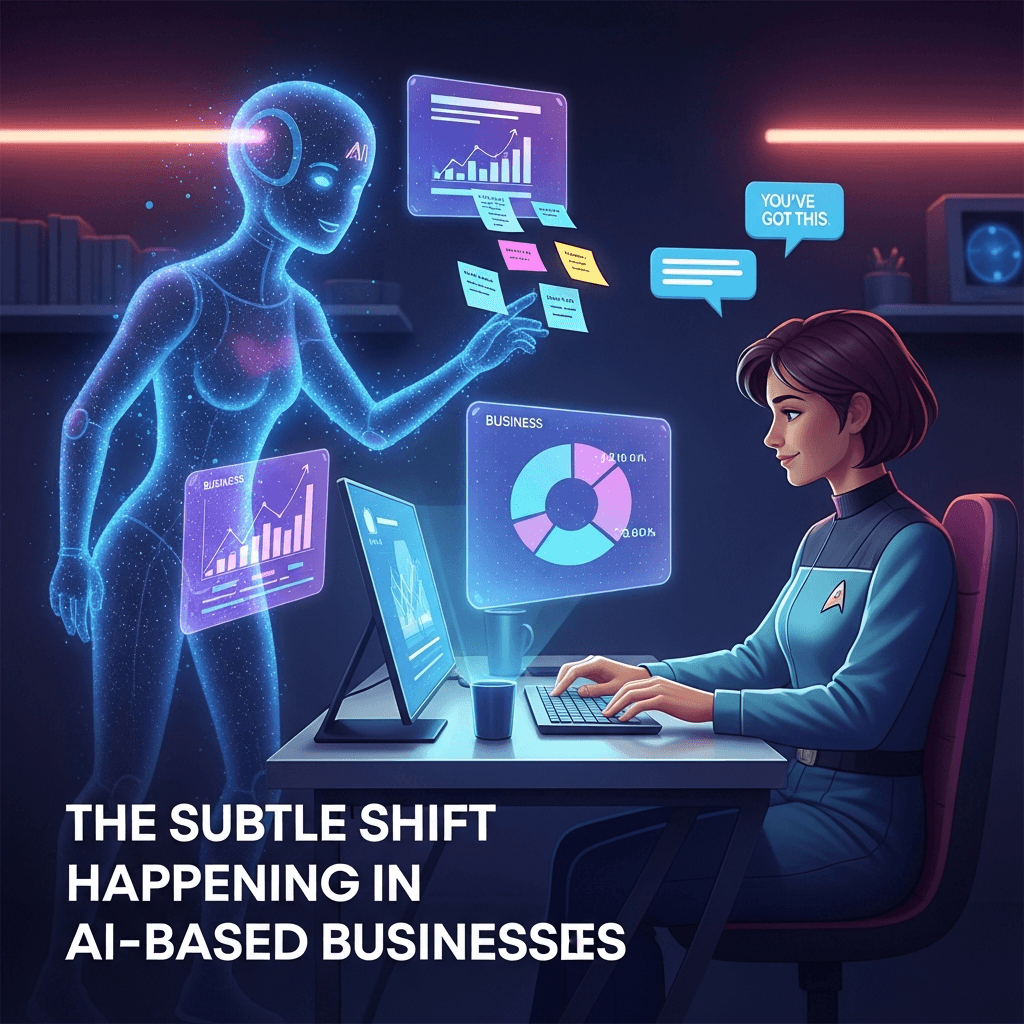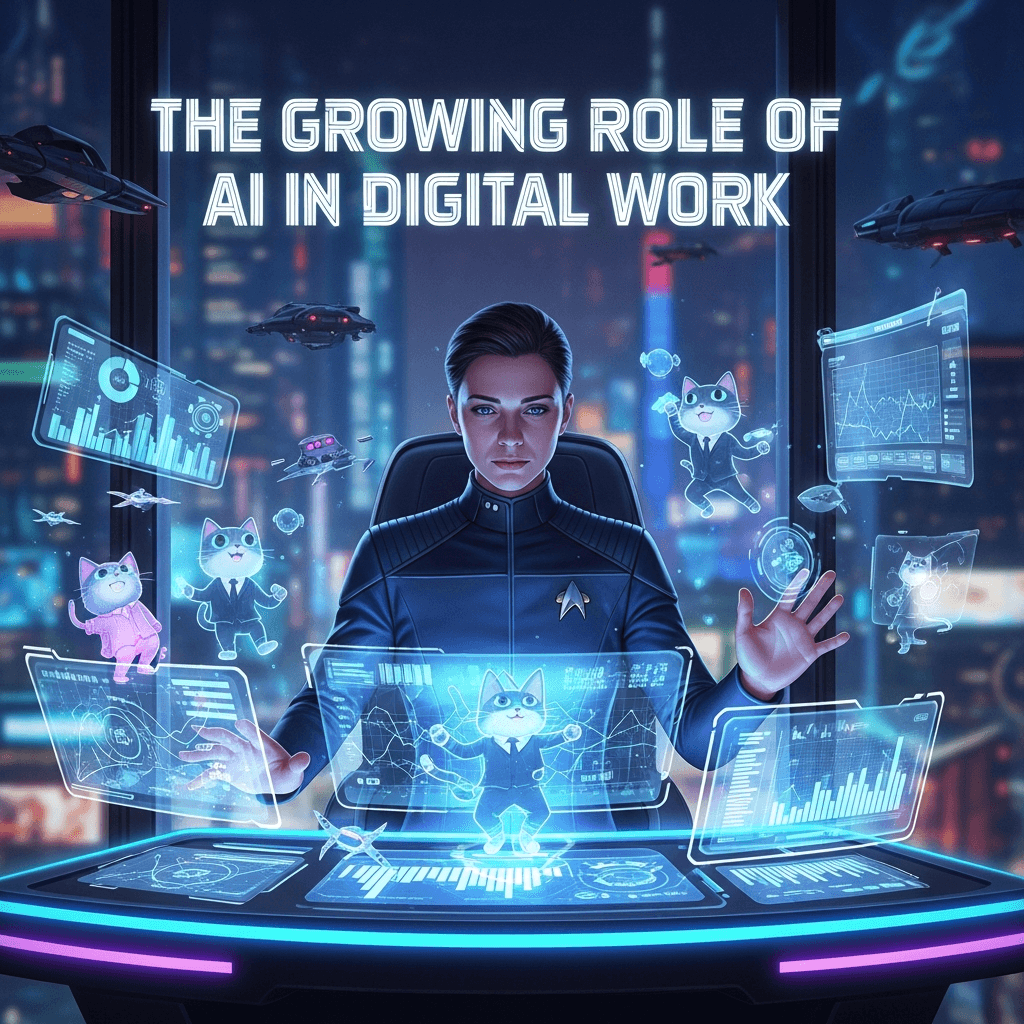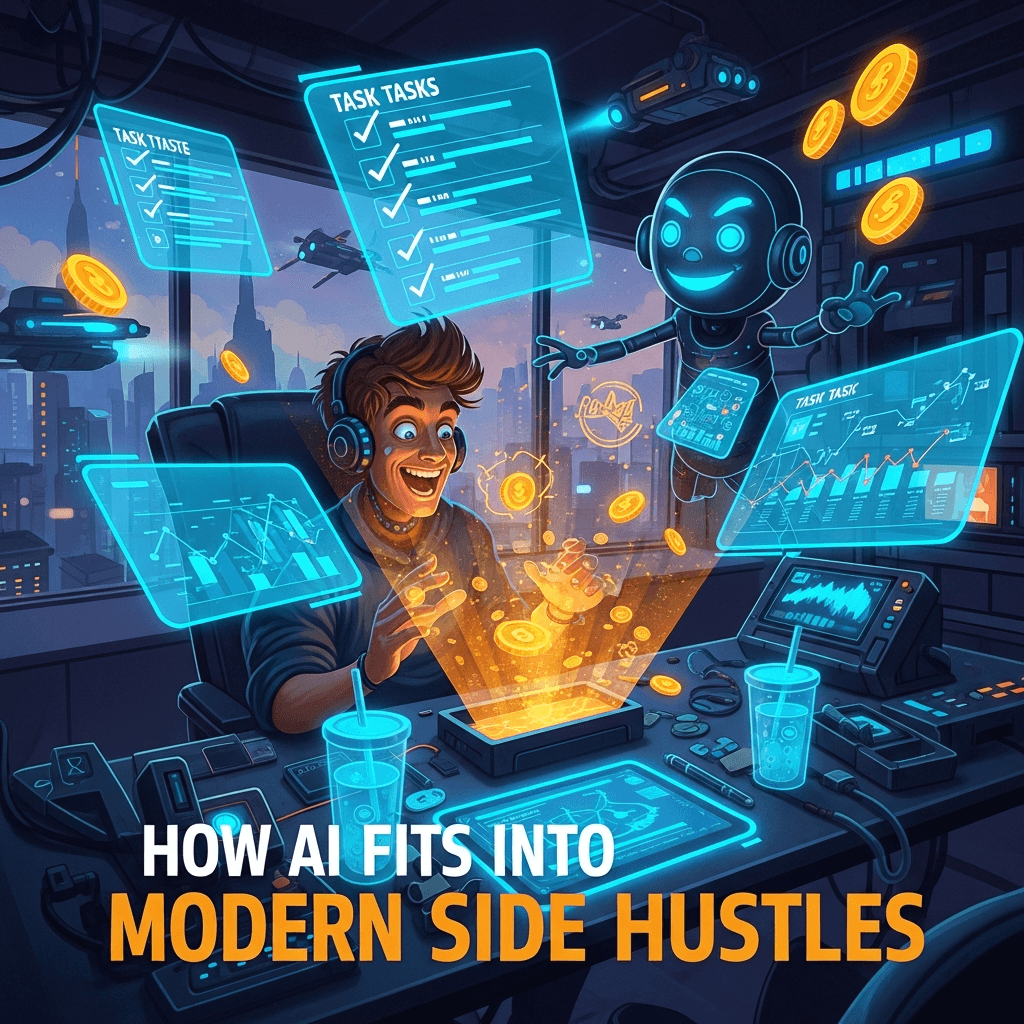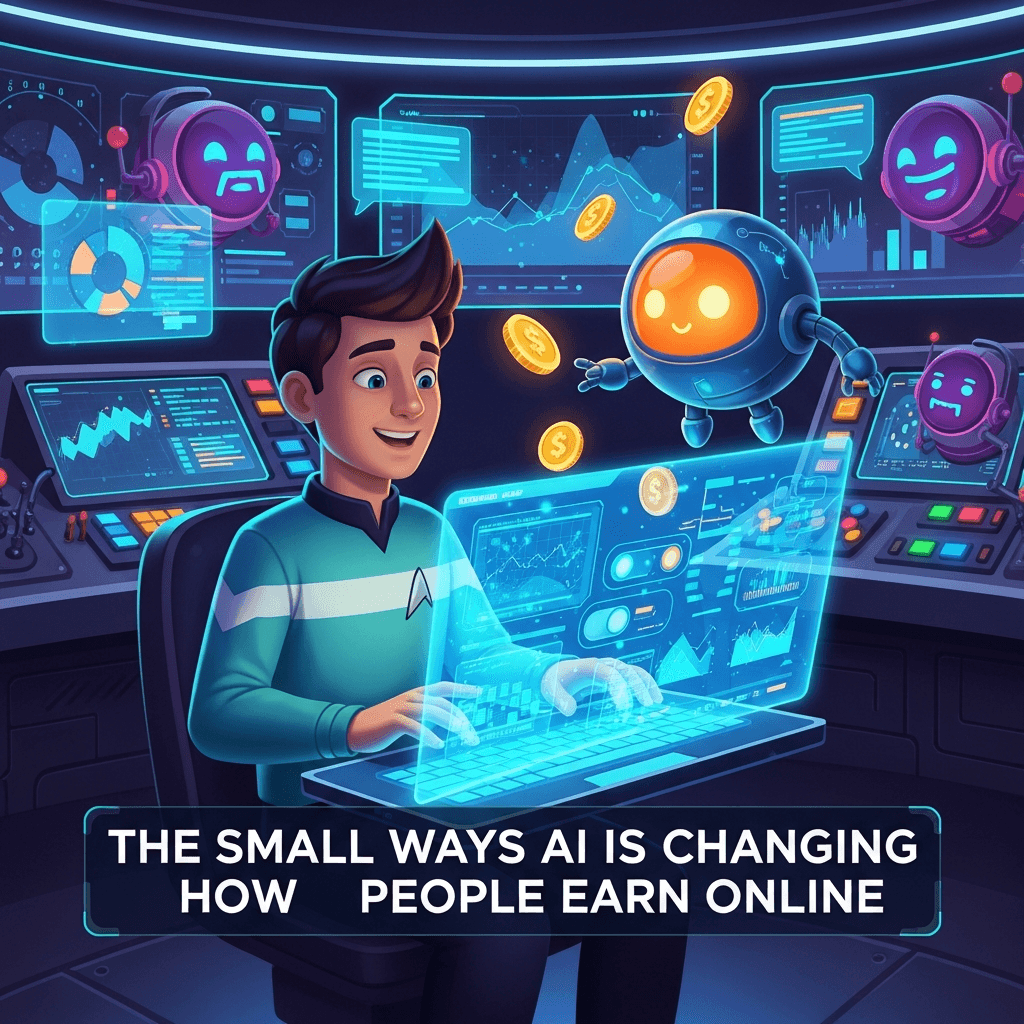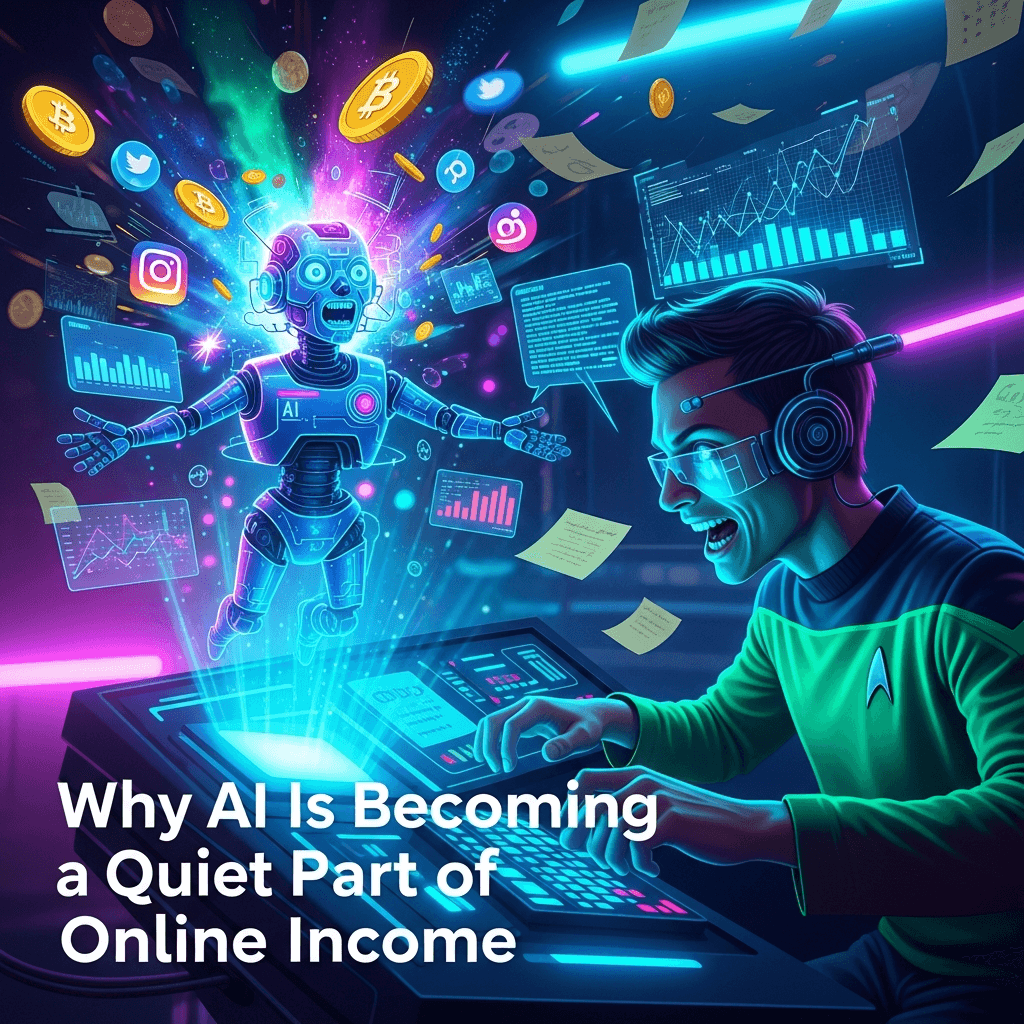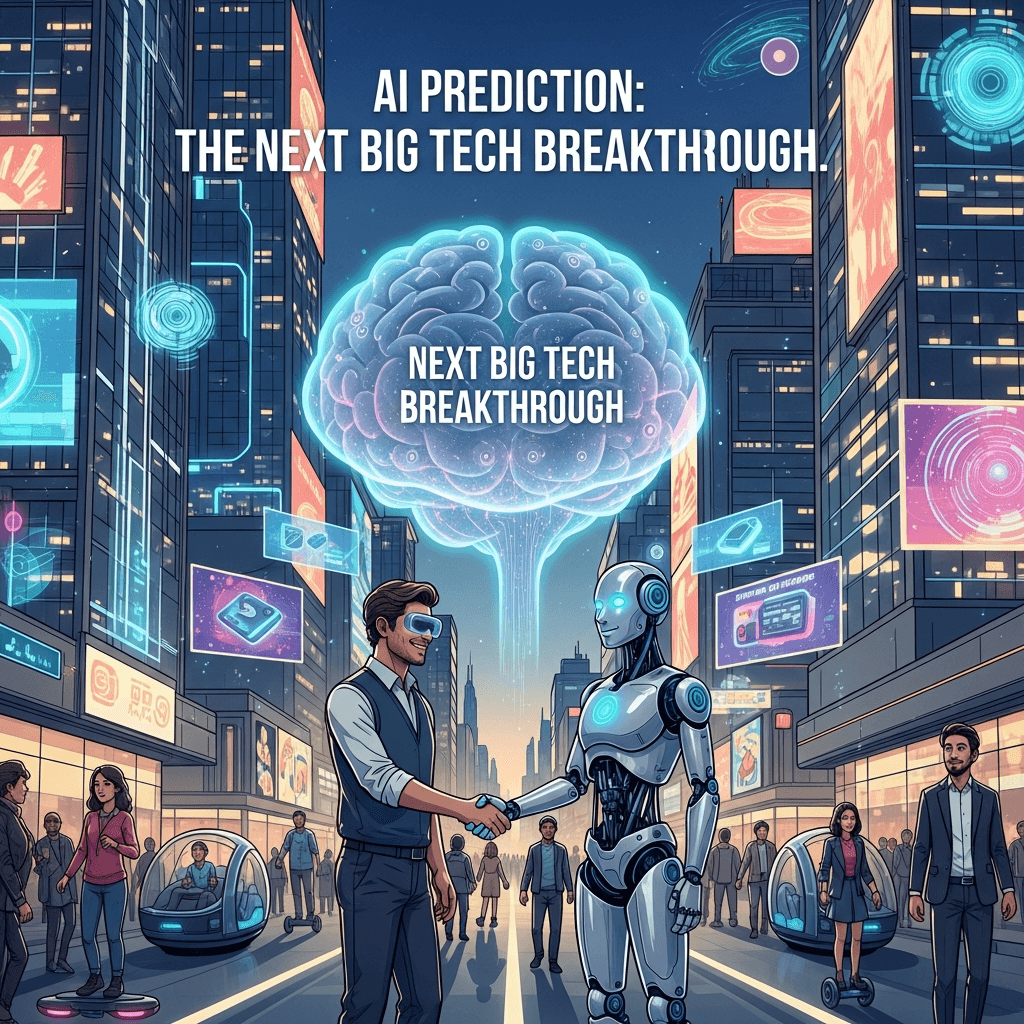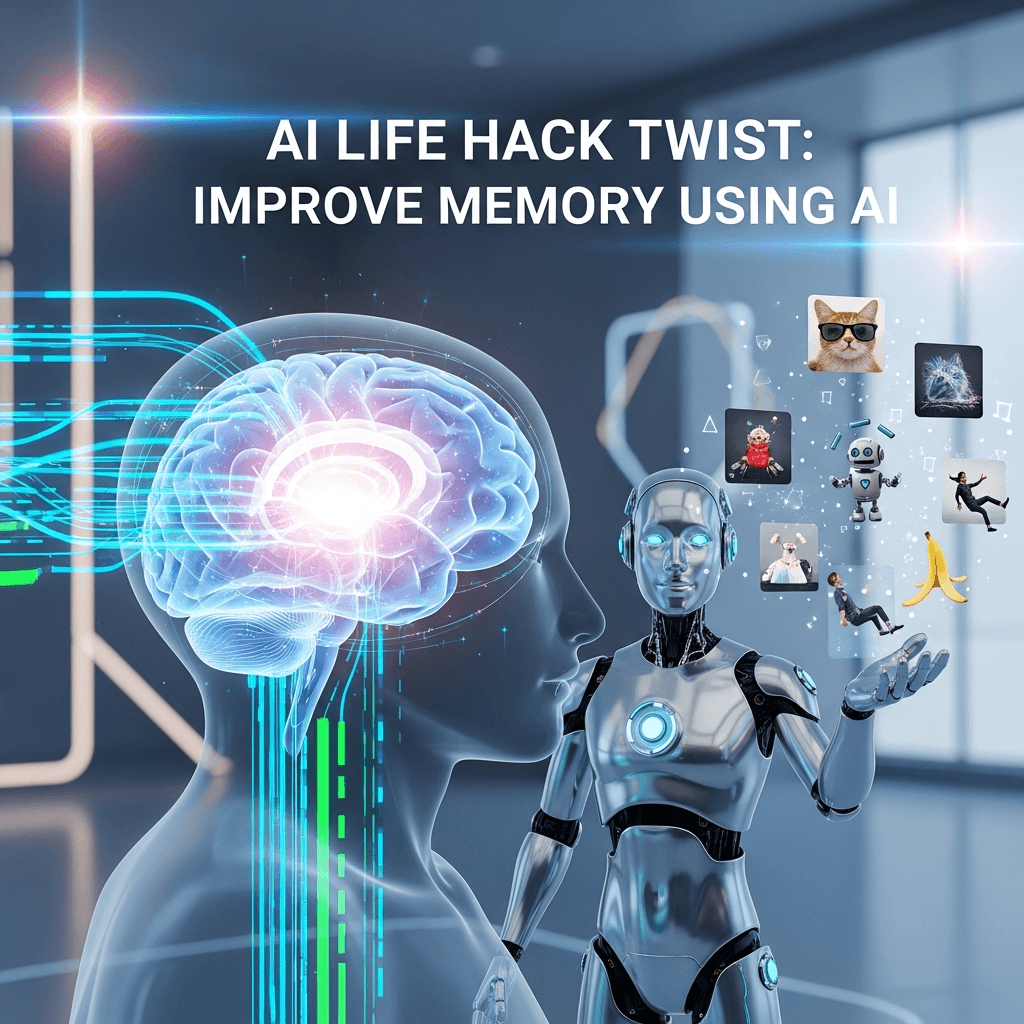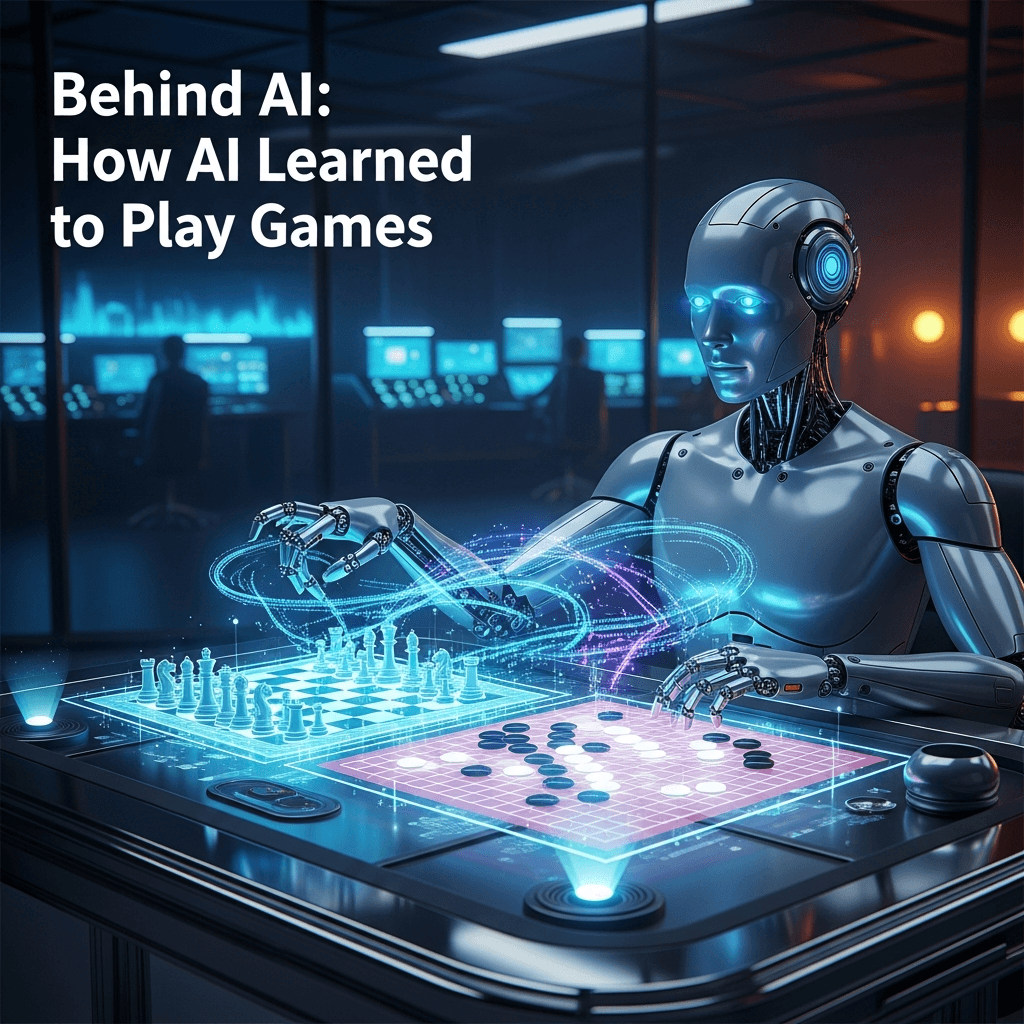When people hear “artificial intelligence” (AI), they often imagine sci-fi robots or futuristic tech. But the truth? AI is already here — and you’re probably using it every single day without realizing it.
From unlocking your phone with your face to getting Netflix recommendations, AI quietly powers the tools and apps you rely on. According to PwC’s Global AI Report, AI is projected to add $15.7 trillion to the global economy by 2030. But you don’t need to be a tech geek to understand it.
In this article, we’ll explain how AI affects your daily life in simple terms, with real-world examples you’re already familiar with — plus a quick look at what’s coming next.
What Exactly Is AI (Without the Jargon)?
At its core, AI means getting machines or software to “think” and make decisions like humans. Instead of following one fixed command, AI can:
- Learn from data (like your music preferences).
- Recognize patterns (spotting spam emails).
- Make predictions (suggesting what you might want to watch).
Think of AI as teaching your phone or computer to get smarter with experience.
Everyday Examples of AI You Already Use
1. Smartphones
- Face ID / Fingerprint unlock: Uses AI to recognize your unique features.
- Voice assistants (Siri, Google Assistant, Alexa): AI processes natural language so your phone understands commands like, “Remind me to call mom at 6 PM.”
- Camera apps: AI adjusts lighting, sharpness, and even removes photo noise automatically.
2. Streaming Services
- Netflix, YouTube, and Spotify don’t just “guess” — they use AI to analyze your history and recommend what you’ll enjoy next.
- That’s why your YouTube homepage looks different from someone else’s.
3. Shopping Online
- Amazon’s “You might also like” section? Pure AI.
- It studies your past purchases and browsing habits to suggest related items.
👉 Affiliate tie-in: For example, if you buy a pair of noise-cancelling headphones (like the ones we covered in the last article), Amazon will show you cases, headphone stands, or even a Bluetooth transmitter.
4. Email and Messaging
- Gmail’s spam filter uses AI to stop suspicious emails from ever reaching your inbox.
- Predictive text on keyboards (suggesting the next word) is powered by AI.
5. Maps and Navigation
- Google Maps uses AI to predict traffic, reroute you, and even estimate arrival times.
- Ride-hailing apps like Grab, Uber, and Gojek rely on AI to match drivers with riders efficiently.
6. Smart Homes
- Smart speakers (Echo, Nest Hub) learn your routines.
- AI in thermostats (like Nest) adjusts the temperature based on your habits.
- Even robot vacuums like Roomba use AI to map your home and clean efficiently.
AI Beyond the Obvious
AI isn’t just about convenience — it’s also transforming industries you might not notice:
- Healthcare: AI helps doctors read X-rays faster and more accurately.
- Finance: Banks use AI to detect fraud (flagging unusual transactions).
- Education: Language learning apps like Duolingo use AI to adapt lessons to your skill level.
These aren’t futuristic — they’re happening right now.
Benefits of AI in Daily Life
- Saves time: AI sorts your emails, suggests routes, and filters spam.
- Saves money: Smart energy devices reduce power bills.
- Convenience: Personalized shopping and streaming recommendations.
- Safety: Fraud detection and phone security (face unlock).
Concerns About AI (The Other Side)
Of course, AI isn’t perfect. Some concerns include:
- Privacy: Your data is used to “teach” AI.
- Bias: AI can reflect human biases if not trained fairly.
- Job disruption: Some tasks are being automated (like customer service chatbots).
That’s why experts recommend balancing AI use with privacy protections — for example, using a VPN to keep your data secure when browsing online.
👉 Affiliate tie-in: A VPN ensures your searches, streaming, and shopping habits aren’t tracked unnecessarily, even while AI-powered apps do their thing.
❓ FAQs
Q: Is AI the same as robots?
A: Not exactly. Robots can use AI, but AI itself is just the “brain” — software that makes decisions. You can have AI without robots.
Q: Do I need to know coding to use AI?
A: Not at all. Most AI is built into apps you already use. For example, using Google Maps or Spotify means you’re already using AI.
Q: Does AI spy on me?
A: AI itself doesn’t “spy,” but apps that collect too much data can raise privacy concerns. Using strict app permissions and VPNs can help.
Q: What’s the future of AI in daily life?
A: Expect more “invisible AI” — like fridges that track groceries, cars that drive themselves in cities, and AI assistants that can plan your entire schedule.
Conclusion
AI isn’t just a buzzword — it’s a part of your everyday routine. From unlocking your phone to shopping on Amazon, streaming on Netflix, or asking Google Maps for directions, AI is quietly shaping your digital experience.
The best part? You don’t need to understand complicated algorithms to benefit from it. All you need to do is use your devices smartly — and protect your data along the way.
👉 Want to stay safe while enjoying AI-powered apps? Start with a trusted VPN — it keeps your data private while letting you explore the benefits of modern AI tools. [Insert affiliate link]


